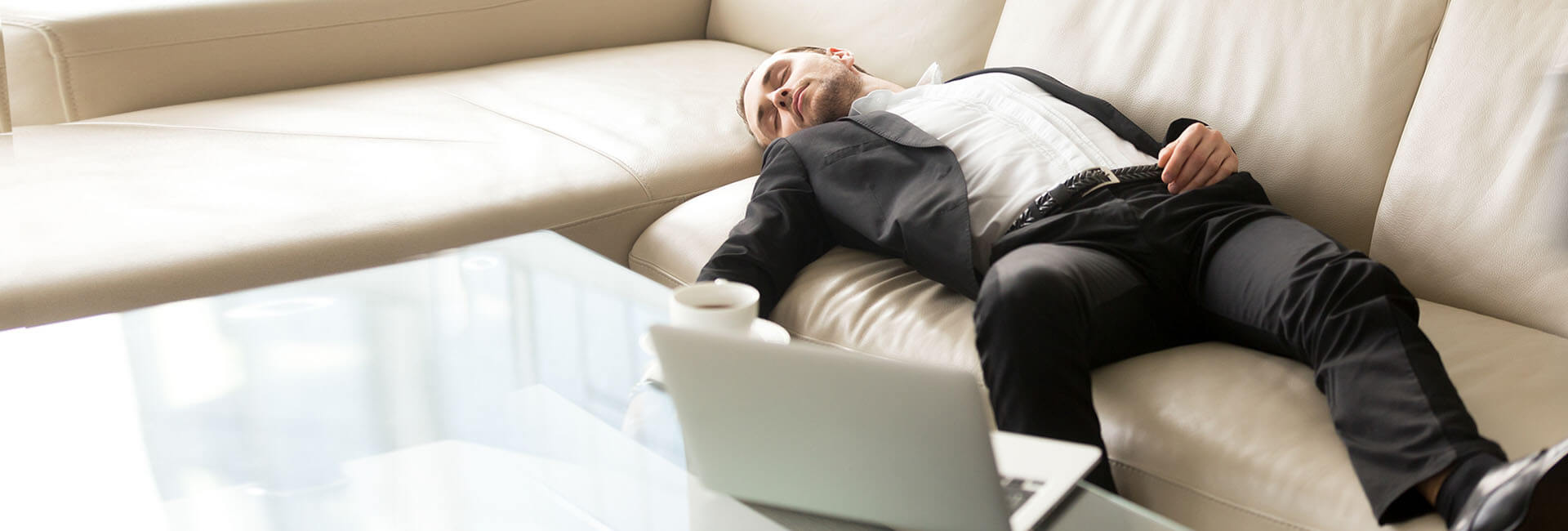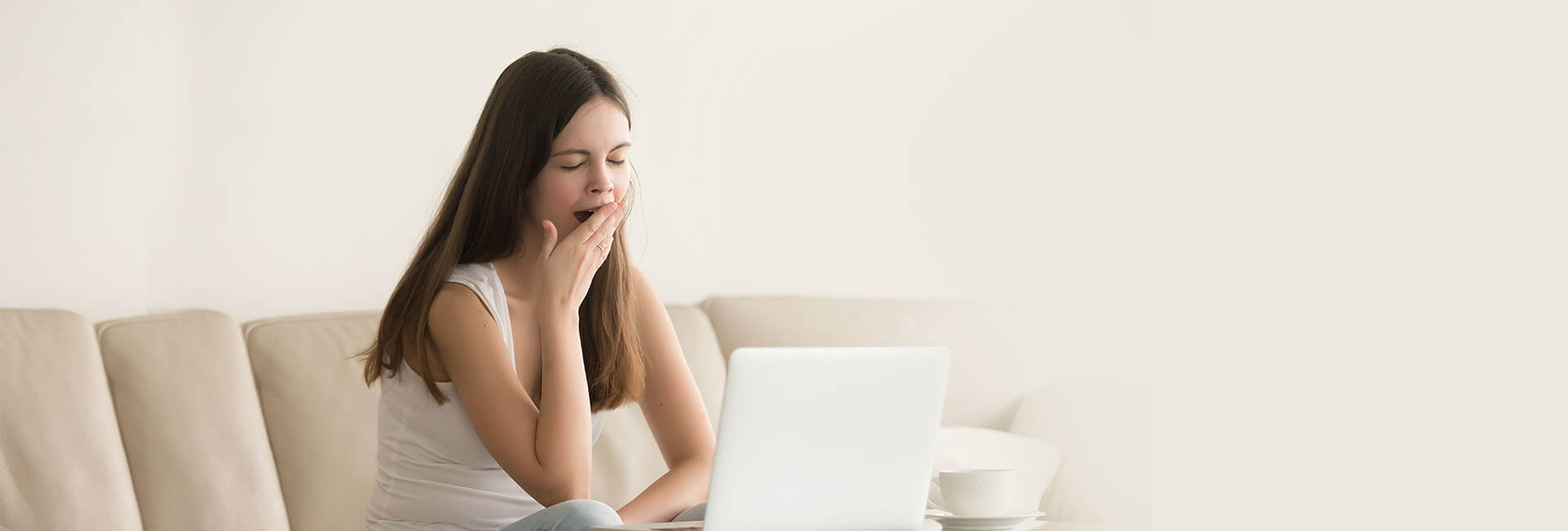


From banking and insurance to wealth management and securities distribution, we dedicated financial services the teams serve all major sectors.
Contact us learn more
From banking and insurance to wealth management and securities distribution, we dedicated financial services the teams serve all major sectors.
CONTACT US learn more
From banking and insurance to wealth management and securities distribution, we dedicated financial services the teams serve all major sectors.
CONTACT US learn moreThe diagnosis of a sleep disorder is made after the clinical evaluation of a patient and their symptoms. In some patients it is necessary to complete this evaluation with a Sleep Study.
The information is analyzed and interpreted by a sleep disorder specialist to confirm the diagnosis. The results are explained to patients and to the physicians who referred them.
Small sensors are attached to the scalp, face, chest, abdomen and limbs of the patient while he sleeps, allowing the recording of several physiological variables.
Most people with sleep disorders are unaware that these can affect the quality of their life and their lifestyle, being often associated with serious medical conditions.
During sleep, the patient has involuntary movements of the limbs that fragment their sleep and / or cause fatigue during the day. Usually they are accompanied by unpleasant sensations in the extremities associated with the need to move them for relief.
Usually these inconveniences are experienced in quiet states, especially at night.
They occur when there is a recurrent or permanent desynchronization between the patient's sleep schedule and the environment. These desynchronizations include: shifts, jetlag, Delayed Sleep Phase Disorder and Late Sleep Phase Disorder.
Loud snoring indicates that the airways are obstructed. Usually snoring is interrupted by apneas (breathing pauses) causing sleep fragmentation. The patient wakes up tired and is sleepy during the day.
These are conditions in which patients sleep longer but their unrefreshing sleep is associated with sleepiness during the day.
These are abnormal or odd types of behavior that occur during sleep and are common in childhood. They include sleepwalking, somniloquy (sleep talking), nightmares and night terrors.
This is a neurological disorder in which patients have episodes of uncontrollable sleep, cataplexy (sudden paralysis of muscle tone), vivid hallucinations at sleep onset or upon awakening and sleep paralysis.
The feeling of having inadequate, insufficient or unrefreshing sleep. Patients may have difficulty falling asleep or staying asleep. It is a symptom and may be secondary to medical, psychological or environmental causes.
Many sleep problems of children are related to irregular habits or inadequate sleep. Parents should establish regular routines in the hours before sleep and appropriate rituals to help children go to sleep alone.
Parasomnias are common in childhood, they usually run in families, having a genetic component.
Children who snore are sleeping in unusual positions and during the day are often restless or hyperactive.
Common until 6 years old, in older children it may produce anxiety.